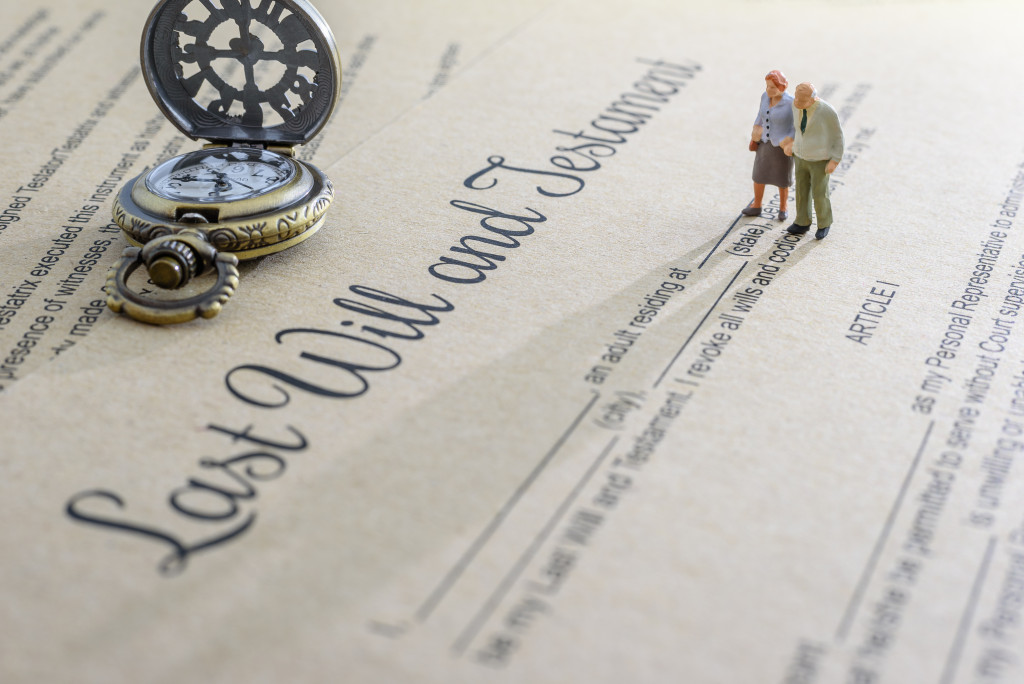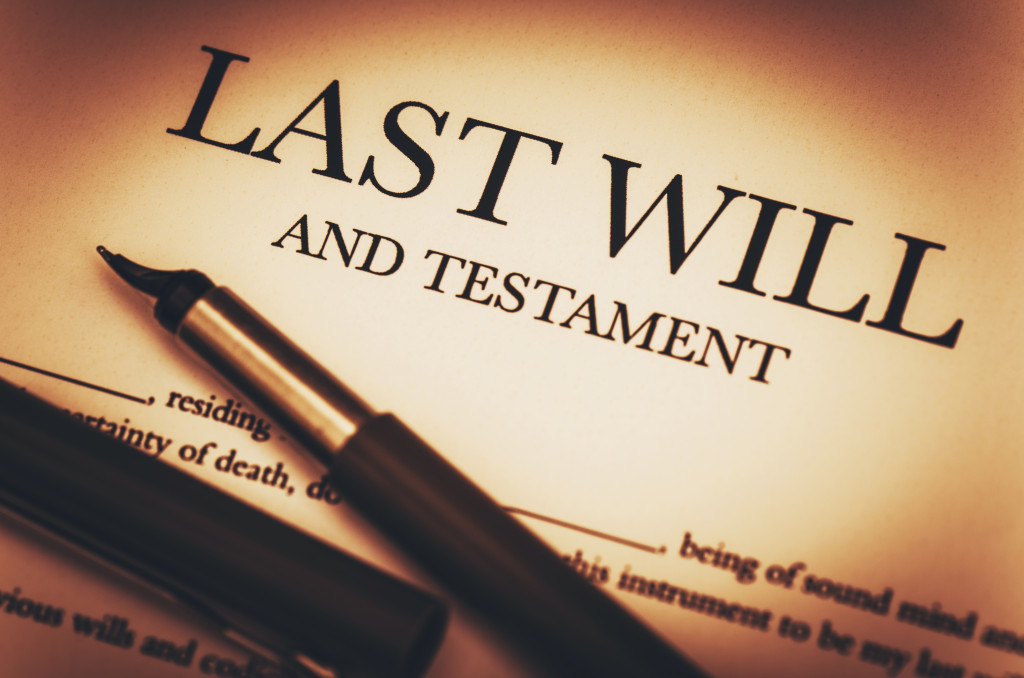Estate planning is the art, science, and discipline of making necessary arrangements and putting safeguards in place to ensure that your assets will go to the right people should anything happen to you. This is especially beneficial for people who have built up a significant amount of wealth and assets and who also happen to have children and grandchildren.
If you have a sizable array of assets and you have a family to take care of, you might want to do some estate planning as soon as possible. Here are some tips to ensure a smooth process.
Hire the right people
One of the most crucial aspects of seamlessly establishing your estate plans is by consulting with reputable firms and specialists who have your best interests at heart. You need to hire the best financial planners, an estate planning lawyer, and you could also consult with a foreclosure lawyer to get some pointers on what kind of safeguards you can put in place to ensure that your family will never have to worry about losing your home should anything happen to you.
You need to ensure that your companies—if you have them—can continue to run smoothly even after you’ve retired or after you’re long gone. This won’t just happen, especially if it’s not your area of specialization. You need to partner with and trust the right people to help you make these arrangements.
Establish a detailed inventory of everything you own
So many families get entangled in inheritance conflicts because the patriarch or matriarch failed to see the need for proper estate planning. No matter how young or old you are, you can avoid this messy future by simply looking at everything you own because you might be surprised by just how many assets you have, both tangible and intangible.

Good estate planning begins with creating a thorough inventory of all your assets. Here is a basic checklist you can start your journey with:
Tangible assets
- Land, homes, and other real estate properties
- All kinds of vehicles, including cars, motorcycles, bicycles, boats, and others
- Valuable collectibles like antiques, coins, art, and even trading cards
- Other personal possessions like jewelry and everything else of significant value
Intangible assets
- Savings accounts, checking accounts, and other certificates of deposit
- Life insurance policies
- Health savings accounts
- Bonds, stocks, and other types of mutual funds
- Retirement plans like your 401(k) programs and other retirement accounts that you set up
- Businesses and companies
After you’ve established a detailed list of all your tangible and intangible assets, you can now begin to estimate their accumulated value. For many of these assets, you might want to hire reputable valuation companies to help you gain an insight into how much your assets increased or decreased in value over time.
Account for your family’s present and future needs
The whole point of estate planning is to ensure that the next generation will be taken care of in the event of your indisposition or death. For this reason, the next step is to take a gander at your family’s present and future needs and how you can meet them. Here are some tips for how you can identify this:
- Make sure that your life insurance is enough and that you name your spouse and/or children the beneficiaries. When purchasing insurance, your first question should include, “How much will my kids need for college? Do any of them have special needs?” Think of your family’s current and future circumstances and try to find ways to meet them now.
- If your kids are minors, your estate planning should include who their guardian would be, even if you have a spouse. You can also add a backup guardian to help avoid a costly family fight in the courts because a custody battle can drain the assets of your estate.
- Speaking minor children, you also want to include in your will how you want your kids to be taken care of. This includes your values for child-rearing and your ideas and goals for their upbringing. Don’t assume that their guardian will know everything about how you want them to be raised.
Final tips
Once you have those basic safeguards in place, you need to establish your legal and medical directives, double-check your beneficiaries, and take note of the estate tax laws in your estate. Then reassess your plans again and again. This is the future of your family, and you want to ensure that everything in your plan is bulletproof so no one can take advantage of them when you’re gone. Good luck!



